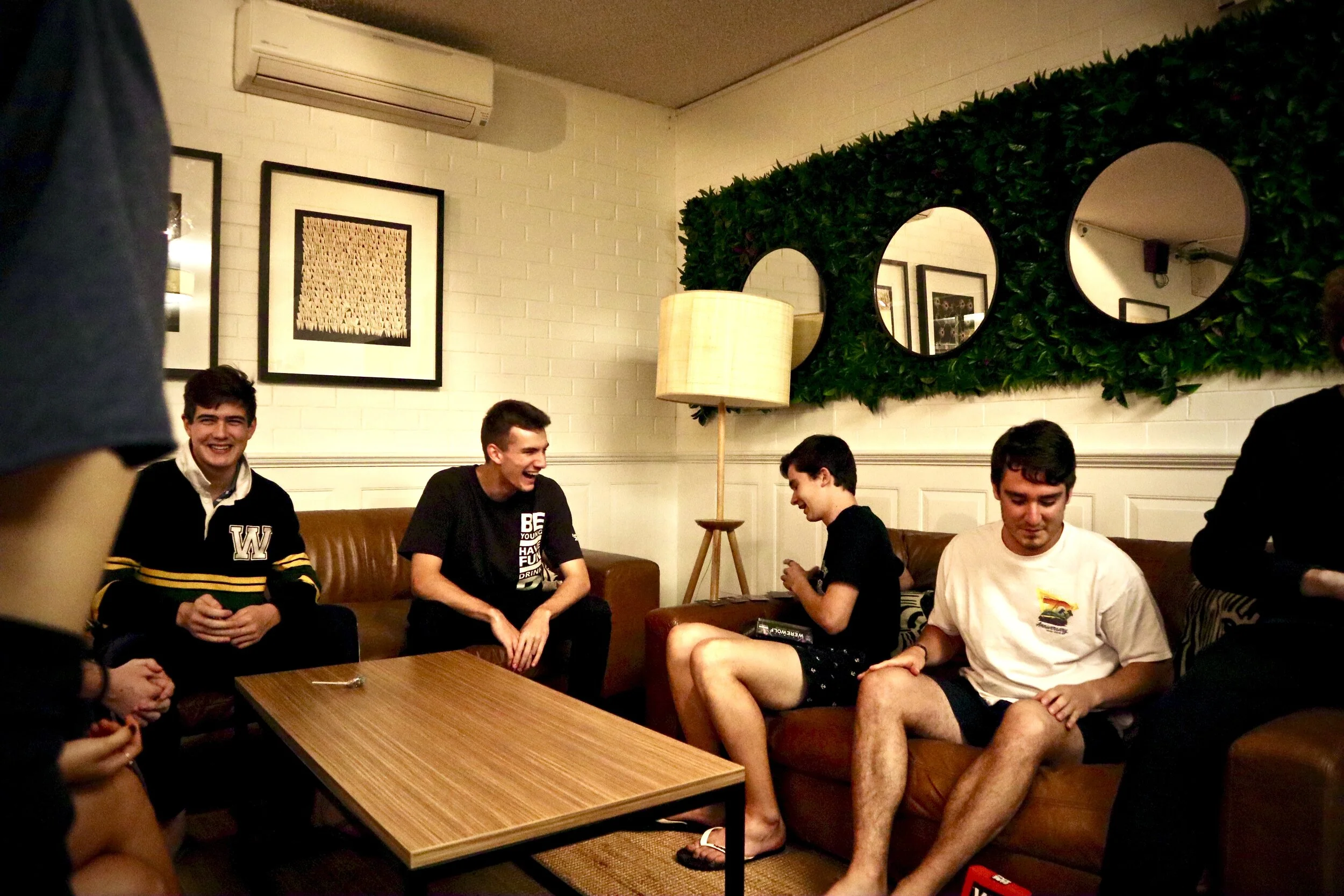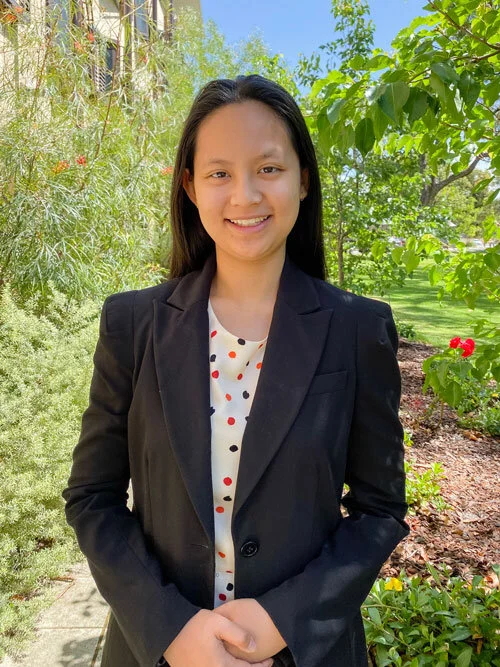Congrats Racheline Tantular, recipient of the prestigious New Colombo Plan Scholarship!
Racheline is a Bachelor of Philosophy (Honors) student and is passionate about how music and medical sciences can be combined to help make a difference in people’s lives.
What are you currently studying?
I’m currently studying Music and Medical Sciences under the Bachelor of Philosophy (Honors) at The University of Western Australia (UWA). I recently finished my first year at St Catherine’s College and at UWA.
What is the New Colombo Plan Scholarship?
The New Colombo Plan (NCP) Scholarship is a government initiative that provides scholarships for Australian undergraduate students to undertake study, internships and language training in the Indo-Pacific region for up to 19 months.
The NCP Scholarship will take me to various locations around the Indo-Pacific, including Hong Kong and China, which will allow me to gain a deeper understanding of the cultural nuances of studying, working and living in Asia through firsthand experience, strengthen ties to my own cultural heritage and further develop people-to-people and institutional links between Australia and the Indo-Pacific. This will be invaluable for me as I hope to work in the region and in areas that engage with the region through Australia in the future.
What do you want to achieve?
I hope to study Music and Medical Sciences at the Chinese University of Hong Kong, which will allow me to experience different methods and approaches to learning, learn from world-leading researchers and professors in areas such as genetics, music therapy and traditional Chinese music. The Department of Foreign Affairs and Trade and UWA are of course concerned about the safety of all scholars, hence we will continue to monitor the situation in Hong Kong and I have a back-up in place to study at the National University of Singapore.
Following this, I plan to undertake internships with a World Health Organisation (WHO) Collaborating Centre for Women’s and Children’s Health, and a women’s hospital or orphanage hospital in China. My program is still flexible at the moment, hence I am also considering working in health promotion and population health and undertaking clinical internships in some of the other 40 locations in the Indo-Pacific region.
I also plan to undertake language training in both Mandarin and Cantonese because language is such an important way to build relationships and connect with people around the region.
What are your future goals?
While Music and Medical Sciences may seem to be quite different at first, they are united by their potential to help people and make a difference in their lives. Examples of this include the impact music can have on children’s neurological and social development, people with Alzheimer’s disease and those who have experienced trauma.
This is in part influenced by my involvement with the Western Australia Charity Orchestra, which is a non-profit organization that seeks to change lives through music and puts on concerts to fund operational costs and performances in hospitals and nursing homes.
I have a direct pathway to Podiatric Medicine, however, I am currently keeping my options open and trying different things. For example, my work in international relations has interested me in population and global health for Australia and the Indo-Pacific and what it could mean for rural communities and reproductive, maternal and child healthcare. I am also considering doing research or further studies in Music Therapy or Audiological Sciences.
What’s been your most memorable experience at St Cat’s?
I can’t pinpoint a single most memorable experience at St Cat’s because there have been too many! It is the moments where everyone works together to achieve a common goal – whether it is practising our Fresher Dance every day in the courtyard during O-Week or volunteering to assemble birthing kits for women in rural areas and developing countries through the St Cat’s Golden Zonta Club. It is the moments when we’re there at 2am, supporting a friend going through a hard time. It is the moments where we celebrate one another’s successes and have fun together. It is these small things that contribute so much to the community here and make it so much more than a place to stay.
I love the opportunity to meet and talk to people from diverse backgrounds studying across different disciplines and at varying stages of life, to find out about their interests, passions, and experiences, and to share and learn from one another. I especially enjoy hearing the perspectives of people who I probably wouldn’t have had the chance to meet otherwise, such as postgraduate, international and exchange students, and staff working across administration, food, and cleaning.
St Cat’s has supported me through its residents and through the many opportunities and events specifically for residents, such as the Valedictory and Scholar’s Dinners, UN Ambassador Event and Perron Institute visit through the Living Learning Community, that have made my college experience so vibrant. I have had the privilege of attending multiple PRISM (Prestigious Influential Scholarships Mentoring) Alliance events this year and St Cat’s was able to organize a mock interview with very esteemed panelists Dr. Sue Boyd, Professor Lyn Beazley AO and Professor Marc Tennant, who provided me with invaluable feedback to help me prepare for the New Colombo Plan Scholarship interview in Canberra.
What advice do you have for those applying for a scholarship?
Firstly, just go for it! Don’t stop yourself from applying for a scholarship because you may not think you’re good enough. The worst thing that could happen is you don’t get the scholarship, but there are plenty of other opportunities and you may, in fact, get it. But one thing is for sure, if you don’t apply, it’s not going to come knocking at your door.
Secondly, make the most of any resources available to you. Talk to past or present Scholars and ask them for tips and to help read over your application – more often than not, they’re very happy to help! Find out if there is anyone else who can help you with your application or interview preparation, such as the Careers and Employability Centre at your university and approach them early. Ask people to help you organise mock interviews and practise answering questions out loud with other applicants. If the scholarship body has released any advice or guidelines, make sure you read them and stick to them, particularly deadlines and any advice for future applicants based on previous rounds.
Finally, plan ahead, prepare and practise! When interview day comes, walk in there calmly and confidently and know that you’ve done all you could to prepare and that whatever the outcome is, you will have already learnt a lot through the application process and that these skills will continue to be of value to you in the future.




























